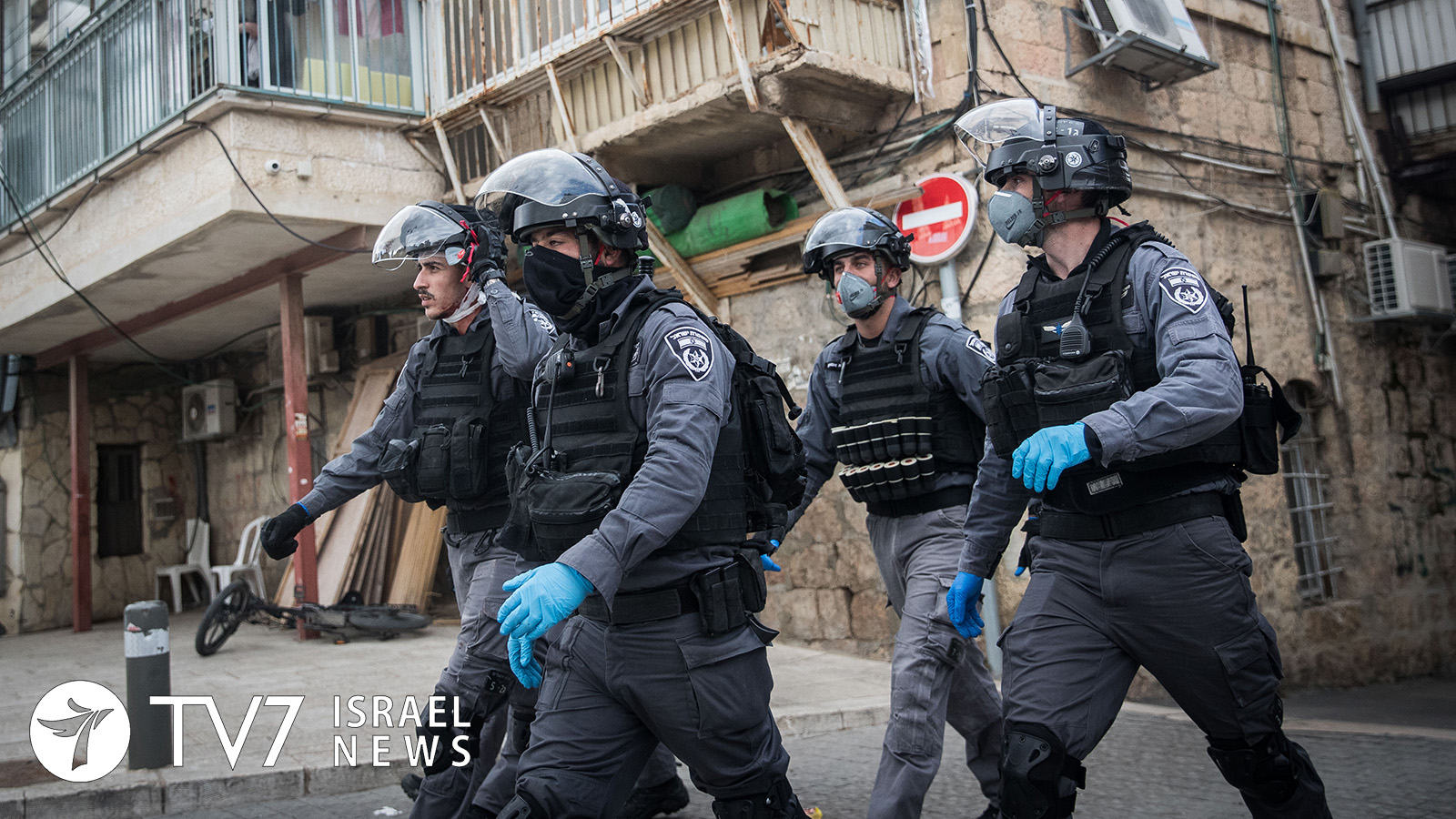Israel health authorities are stepping up efforts to test the general Israeli public for exposure to the coronavirus.
The national Magen David Adom emergency paramedic services have established “drive-through” testing clinics. After several days of comprehensive preparations, the Director of the Paramedic Education Center Shafir Botner said that the facilities are able to swab 300 citizens a day for now, and by next week that number will be increased to “around 1000.” Furthermore, Magen David Adom informed TV7 that the “drive-through” clinic is currently operational in Tel Aviv city, and that in the near future additional “drive-through clinics” will be opened in Jerusalem, Haifa, Petah Tikvah and Beersheba. Whoever cannot arrive at one of those designated clinics, an ambulance will be dispatched to the individual’s residence to acquire a sample.
It is important to mention that Israelis are first required to see their general practitioner before they can have their samples collected at the “drive-through” clinics in Tel Aviv.
Authorities are also now deliberating the tightening the so-called “stay at home policy” to a more comprehensively enforced closure. The nationwide curfew imposed last Friday by the interim government in Jerusalem, under the leadership of incumbent Prime Minister Benjamin Netanyahu, permitted public forays to purchase food and medicine. Vital businesses such as grocery stores and pharmacies were also exempt from mandatory closure of shops, restaurants and other public venues.
Voluntary observation of the measures is now being viewed as possibly insufficient in that the number of confirmed cases has almost doubled since Friday. The national coronavirus taskforce is now holding discussions vis-à-vis a comprehensive closure, in which police and military forces would potentially be deployed across cities to guarantee enforcement.
Even though the reported deliberations are heightening concern over daily essential needs of a functioning society, many Israelis are apparently taking advantage of the current lenient restrictions.
Anton Mazgo of Tel Aviv told Reuters that “it is stressful because we don’t know what is gonna come – maybe like the next day you cannot get out of the house,” but that for now it is “okay,” because he is continuing to leave home. Another city resident, Talia Ganmor, said, “The feeling this days is very different, very scary – every day we need to understand from the television what to do, where to go, and if we can go.”
As a further precaution, all outdoor markets in the country have been ordered to shut down, including Jerusalem’s well-known Mahneh Yehuda, which was initially established by a German Christian banker and his two Jewish business partners in 1887. Police were dispatched to observe and enforce closure of the central compound, where vendors expressed both anger and desperation. Stall owner Itzik Rabin complained that not even a large number of customers were still coming to shop, and that he and others still want to work and need their salaries to pay taxes. “Nobody thinks about us, nobody helps us,” he said, before appealing directly to Prime Minister Benjamin Netanyahu, with use of his nickname, “Please Bibi, help us.”
Mahneh Yehuda Chairperson Tali Friedman said it was outrageous that the historic, fresh-air venue was being shuttered while commercial indoor grocery stores stay open.
Vendor Amnon Toubi condemned the immediate closure without giving vendors sufficient time to sell their already-stocked produce. “What happened?” he asked rhetorically, “Is this the end of the world?”
Police were also deployed to several ultra-Orthodox Jewish communities in Jerusalem after they ignored the strict government measures. Illegal gatherings were dispersed and several individuals were fined ₪5,000 shekels (equivalent to €1,250 or $1,350). Officers were forced to respond with crowd-control methods when some residents hurled rocks, lightly-injuring one patrolman who received treatment at the scene. Religious resident Yaakov Gotferb insististed that ‘congregating to study the Bible and to pray for deliverance’ is the only way to stop the disease. “We are sons of believers, and just as we see the sun now, we know for one million percent, that the Torah (the first five books of the Bible) protects us, and the prayers will stop the epidemic,” he said.
In contrast, Christian and Messianic congregations are complying with the measures enacted by the Israeli government. Rather than holding large services throughout the country, small groups are using telecommunication to pray and conduct fellowship with one another.
Clergy of the older denominations at churches in Jerusalem’s Old City have also been conducting small prayer processions and gatherings closed to the public, as part of a global effort against the coronavirus epidemic.
A local Priest at the Custodian of the Holy Land, Father Ibrahim Faltas, said, “In this place Jesus prevailed against death and sin. Hopefully the whole world, we pray for them, will win against this epidemic.”
